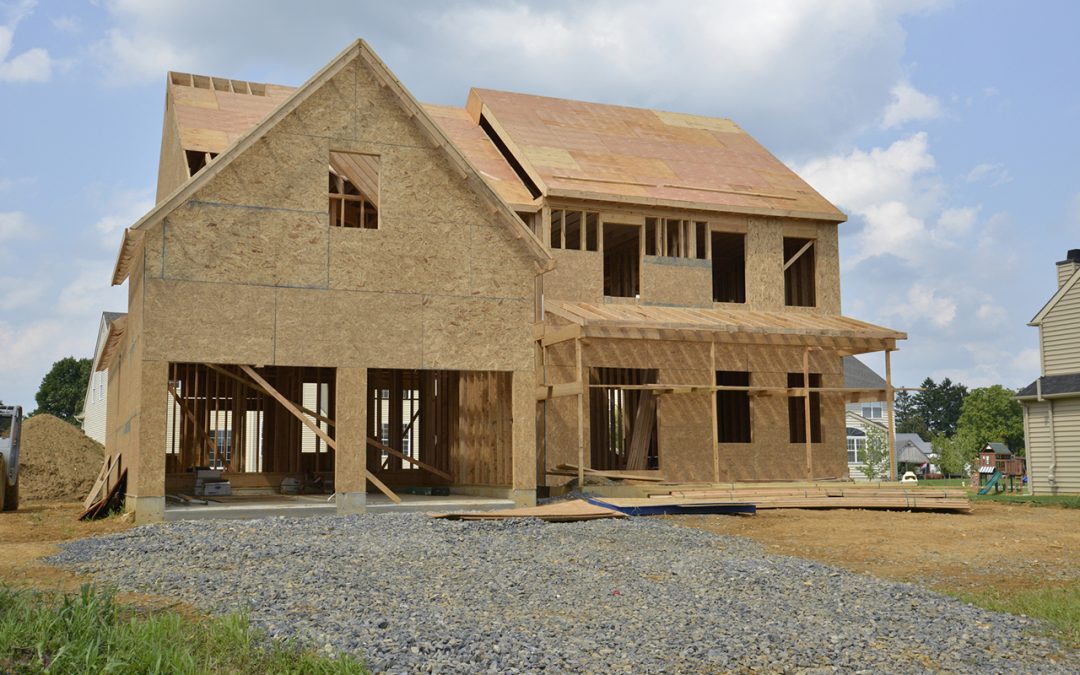Protect Yourself with a New Construction Inspection
If you’re having a home newly built, it might seem unnecessary to have it inspected. However, mistakes can be made when building a new home and if they’re not caught early with a new construction inspection, you could end up paying the price down the road. Continue reading to learn more about these types of inspections and why you will benefit from them.
What Can Go Wrong with New Construction
You might think a brand new home is perfect, but that’s rarely the case. It isn’t uncommon for structural issues to pop up during a new construction inspection, such as poor framing, foundation cracks, and faulty grading. Your inspector might also find electrical problems, like missing switch plates or poorly wired outlets. The plumbing issues most seen in new construction inspections are improper piping and leaks. Your inspector will look for missing pieces of hardware, insufficient insulation, and partially installed fixtures.
What Inspectors Look for During a New Construction Inspection
Depending on the stage of building you’re in when you hire an inspector, they may look for different things. During early new construction inspections, the inspector might check waste, drain, and vent lines. They will also look at plumbing, water lines, and drainage.
When inspecting framing, they’ll look at beams and bearings. Your inspector will look for leaks, water intrusion, and both mold and fire risks. On final inspection, all major systems and components will be checked, including the roof, chimney, foundation, basement, plumbing, attic, and appliances.
Phase Inspections on New Construction
To ensure the best build, it’s recommended to have three different inspections throughout construction.
- The foundation inspection happens first and needs to take place before the foundation is poured. This inspection will make sure that the site has been graded properly and that all anchors and footings are spaced properly so that the foundation will be strong and long-lasting when poured.
- The framing inspection takes place after the frame has been built and before the drywall is installed. This inspection checks beams, posts, and studs as well as wiring, window flashing, and other things that will be hidden by walls. Having this inspection done prevents you from having to replace drywall and pay for repairs later.
- The final inspection happens after the home is largely complete. Any issues your inspector finds during the final new construction inspection should be addressed by the builder before closing.
Timing your construction inspections properly allows you and your builder to address problems early when they’re the easiest to fix. Having your new home inspected before the final walkthrough with the builder will save you money and stress at a later date. It will also give you peace of mind that your home is safe before you move in.
HomeSource Inspections offers new construction inspections to clients in Northern Indiana and Southwest Michigan. Contact us to request an appointment.

